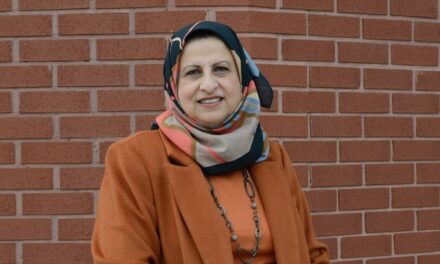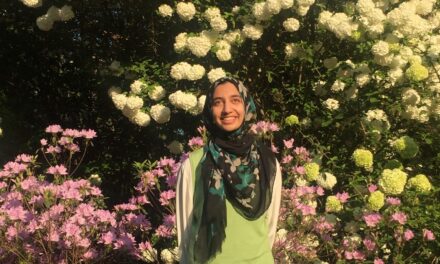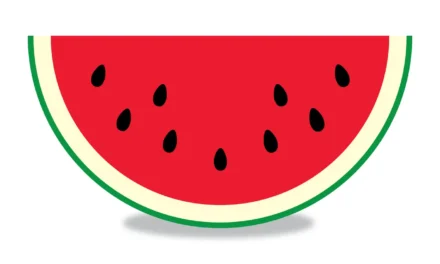SINGAPORE: The Islamic Religious Council of Singapore (MUIS) said on Sunday (Dec 13) that it “holds the position that a COVID-19 vaccine is permissible for Muslim use”.
“We would advise and encourage Muslims to be vaccinated once it is available and when the vaccine has been medically authorized as safe and effective, as this is a basic necessity to protect lives in the context of a global pandemic,” said MUIS.
The council made its religious position on the vaccine known in a media release.
It said that the objectives of introducing a COVID-19 vaccine and the processes involved in producing vaccines are “largely aligned to established Islamic principles and values”.
Islamic jurisprudence places great importance on the sanctity and safety of human life and the protection of livelihoods, it said.
Efforts to protect human life from any form of danger and harm, such as the development of vaccines, are therefore highly encouraged in Islam, it added.
MUIS said that the religious view of the COVID-19 vaccine “must take a more holistic stance that transcends the narrow issue of halalness or permissibility of its ingredients”.
It cited three aspects of a COVID-19 vaccine that have been considered.
“CRITICAL NECESSITY” THAT DOES NOT CAUSE HARM
First, it considered the role of the vaccine as a “critical necessity” to save lives and ensure that societies can function.
“A vaccine therefore is an important means to uphold the principles of the sanctity of human life and the avoidance of harm as it protects society from the harmful effects of the COVID-19 virus,” said MUIS.
Second, “any COVID-19 vaccine must have no known adverse medical effects and have been scientifically established as not expected to cause harm to those who take the vaccine”, said MUIS.
It added that this was an important consideration in line with the principle of the avoidance of harm in Islamic jurisprudence.
“HALAL” VACCINES
Third, MUIS also considered the permissibility of ingredients used in vaccines.
It said that there were situations that permit the use of impure or prohibited substances for treatment “as evident in some Prophetic traditions”.
“In addition to this, the impure substances or prohibited items used in upstream processes would have undergone multiple layers of chemical processes such as filtration that would render them undetectable or negligible in the final product,” said MUIS.
The council cited the drug heparin, which uses enzymes from pigs, and the rotavirus vaccine that uses trypsin, another enzyme.
“In Muslim jurisprudence, these processes are similar to istihala where the original substance changes its form and nature and no longer becomes prohibited,” said MUIS.
“In such situations, the final product (drug or vaccine) is deemed permissible for Muslim use.”
Vaccines can also be fully synthetic and not contain any animal components or cells, such as in messenger RNA (mRNA) vaccines developed for COVID-19, it said.
MUIS added that it was “inappropriate” to apply the same rules of food consumption on vaccines, as the ways in which they interact with the body may differ.
In addition, “medicine and vaccines are usually much more limited and take much longer to be discovered, manufactured and disseminated, due to the complex and stringent processes involved in researching and producing them for safe use”.
“Accordingly, the process to determine if a vaccine is halal on the basis that all its ingredients are halal, based on the criteria applied on food consumption alone, is inadequate and can be misleading,” said the council.
“New methods of assessing therapeutics and vaccines should be required where the important distinctions and differences are carefully considered and taken into account.”
COVID-19 vaccines currently in development or in trials do not diverge from these considerations, said MUIS.
“As such, we hold the position that a COVID-19 vaccine is permissible for Muslim use,” it said.
“The Fatwa Committee will review and assess suitability of vaccines for Muslim use if they fundamentally diverge from the principles above.”
In a Facebook post on Sunday, Minister-in-charge of Muslim Affairs Masagos Zulkifli said he welcomed MUIS’ religious guidance on the permissibility of the COVID-19 vaccines.
“I strongly encourage Muslims to be vaccinated once the vaccines are available in Singapore,” Mr Masagos said.
He added: “I am thankful to our religious leaders who are highly knowledgeable, progressive, enlightened, and attuned to the concerns of our Malay/Muslim community in the context of the global pandemic.
“This is possible because of the strong partnership our asatizah and religious leadership have with medical professionals” as well as the Ministry of Health and Health Sciences Authority (HSA), he said.
EVALUATION OF MODERNA VACCINE CANDIDATE
Earlier this month, HSA said it had already begun evaluating data submitted by American biotechnology company Moderna on its vaccine candidate.
The evaluation is based on what is known as a rolling review, which allows companies to submit real-time data from ongoing studies of the vaccine while the regulatory review is conducted simultaneously.
On Nov 30, Moderna said it would apply for US and European emergency authorisation of its COVID-19 vaccine based on full results from a late-stage study showing its vaccine was 94.1 per cent effective with no serious safety concerns.














